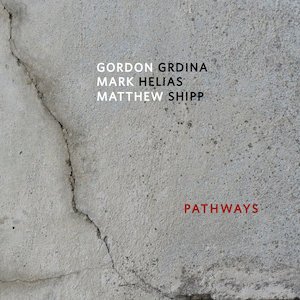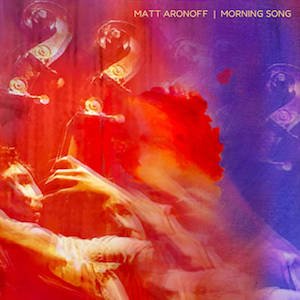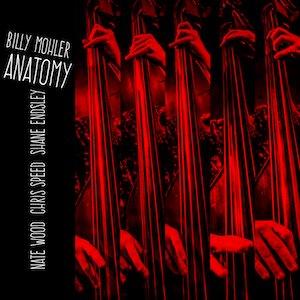Label: Imani Records, 2022
Personnel - Caleb Wheeler Curtis: alto and soprano saxophone; Orrin Evans: piano; Eric Revis: bass; Gerald Cleaver: drums.
Excellent compositions and a captivating sound distinguish the new outing from Caleb Wheeler Curtis, an accomplished saxophonist who, with a fine-edged sense of openness, is keen on extraordinary melodies, lean progressions, and ear-catching textures. Heat Map comprises ten originals that started to take shape in 2021, during a four-week MacDowell residency. Curtis wrote them with a monumental lineup in mind: pianist Orrin Evans (a regular collaborator since 2016), bassist Eric Revis (a fellow colleague in Evans’ Captain Black Big Band), and drummer Gerald Cleaver (the saxophonist's new co-conspirator). Each of them is a terrific bandleader and improviser with a huge capacity for catching the moment.
The title cut opens with a poignant introductory piano playing that suggests introspective balladry. However, we are taken somewhere else, abstractly exciting, as a bass pedal and a more restless drumming loom from the ground. Yet, the melody endures. Evans is exquisitely lyrical in his statement, while Curtis infuses tension and firms up the atmosphere with a defiant language that accommodates John Coltrane, Julius Hemphill and Ornette Coleman mannerisms in it.
If the fragile “Trees For the Forest” and the breathable “Limestone” take a plunge inward, then “Surrounding” gives an air of casualty and insouciance, even when expressing its well-worked Ornettian theme. As an option, the staccato-infused “Splinters” conjures an imperative mood of freedom. The improvised discourses by Curtis - who throws in fragmented lines à la Steve Lehman - and Evans contain enough spicy elements to hold our attention throughout.
“Spheres” demonstrates coordination, accentuation, focus, and elasticity in its thematic section, where long notes are set against a nuanced piano ostinato. Support is given via the unbreakable uniformity that stems from the Revis/Cleaver cooperative game. The rhythm team pushes us into another giddy spin with “C(o)urses”, an angular frenzy with delirious figures and circular runs that capture the group’s adventurous spirit. In this case, Curtis’ semi-cacophonous blows ebb over the rhythmic texture, triggering excellent responses from Evans. The pianist is absolutely fantastic on “Trembling”, standing out through a mix of textural gradients, enigmatic chords, and persisting figures. This polyrhythmic effort enables great dramatic passages where the sense of space and motion is extended.
Brimming with mesmeric ideas, these compositions gain insight into multiple depths of field and modern color palettes.
Favorite Tracks:
01 - Heat Map ► 05 - Splinters ► 07 - Trembling








































